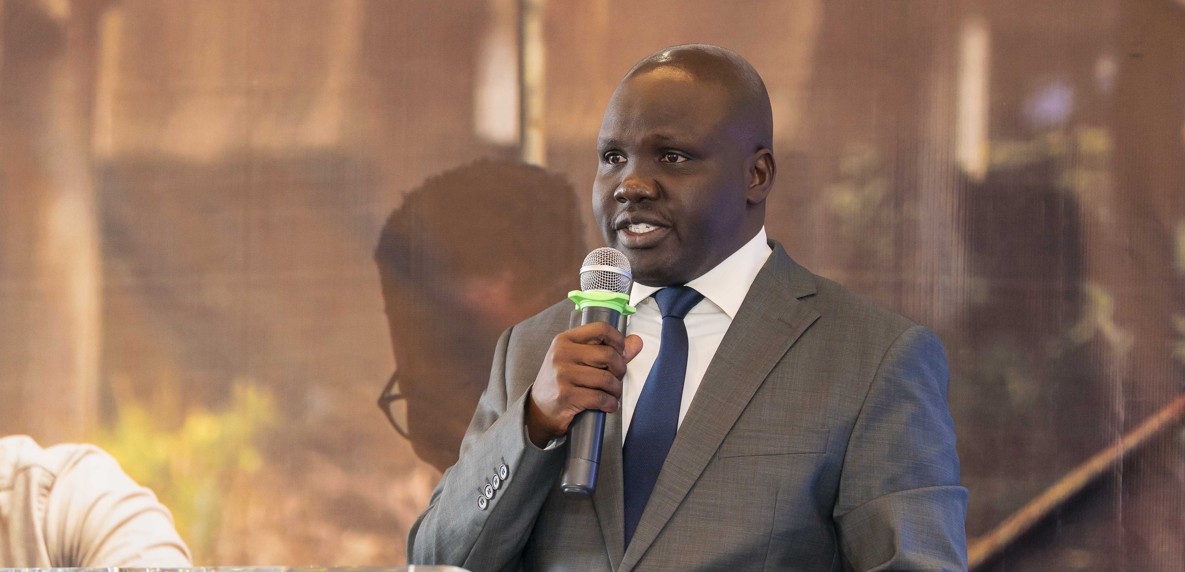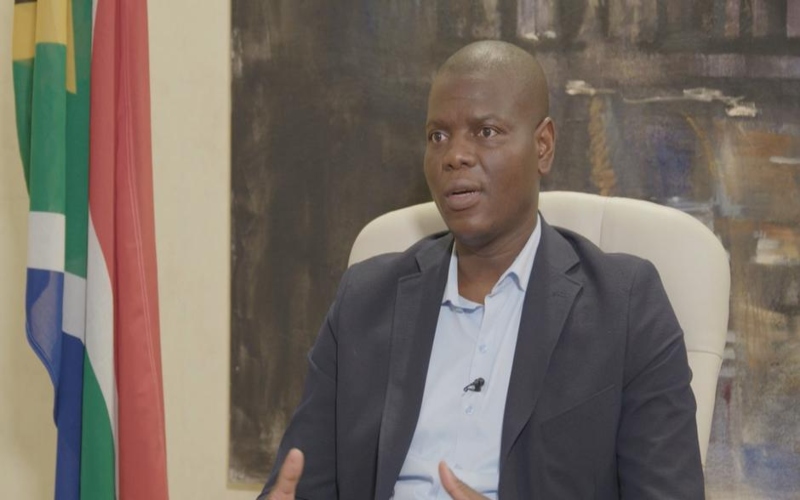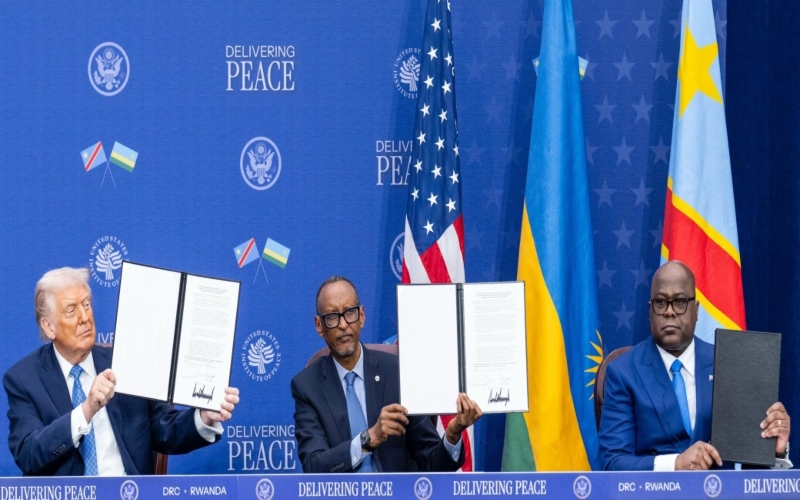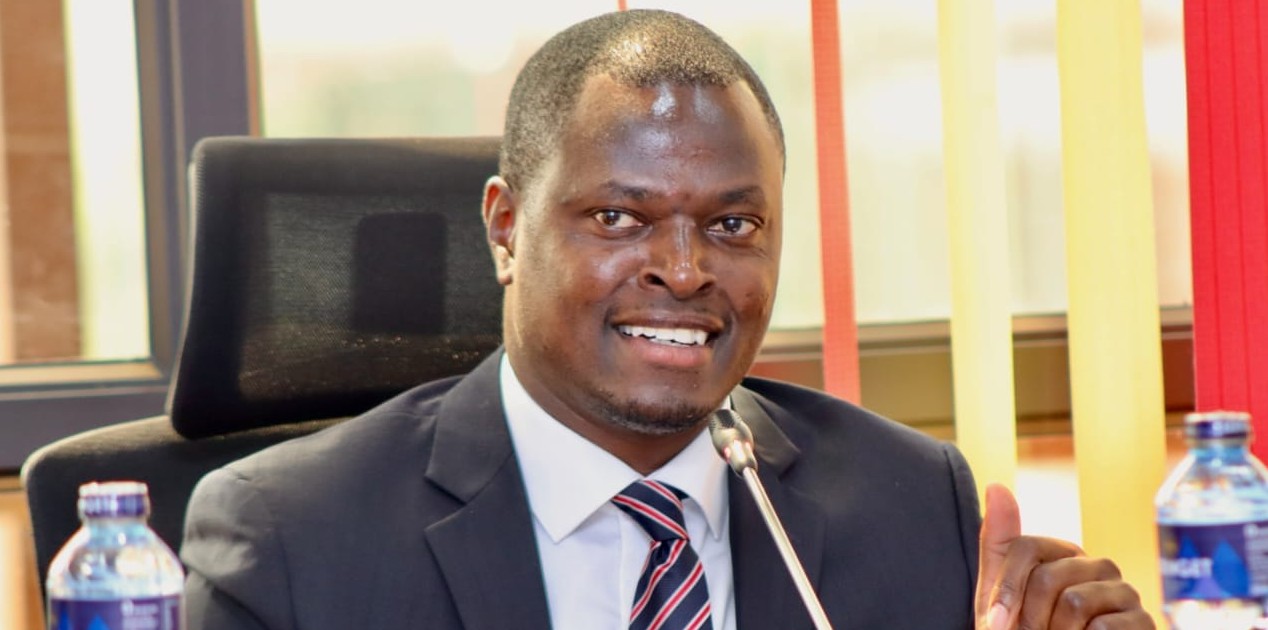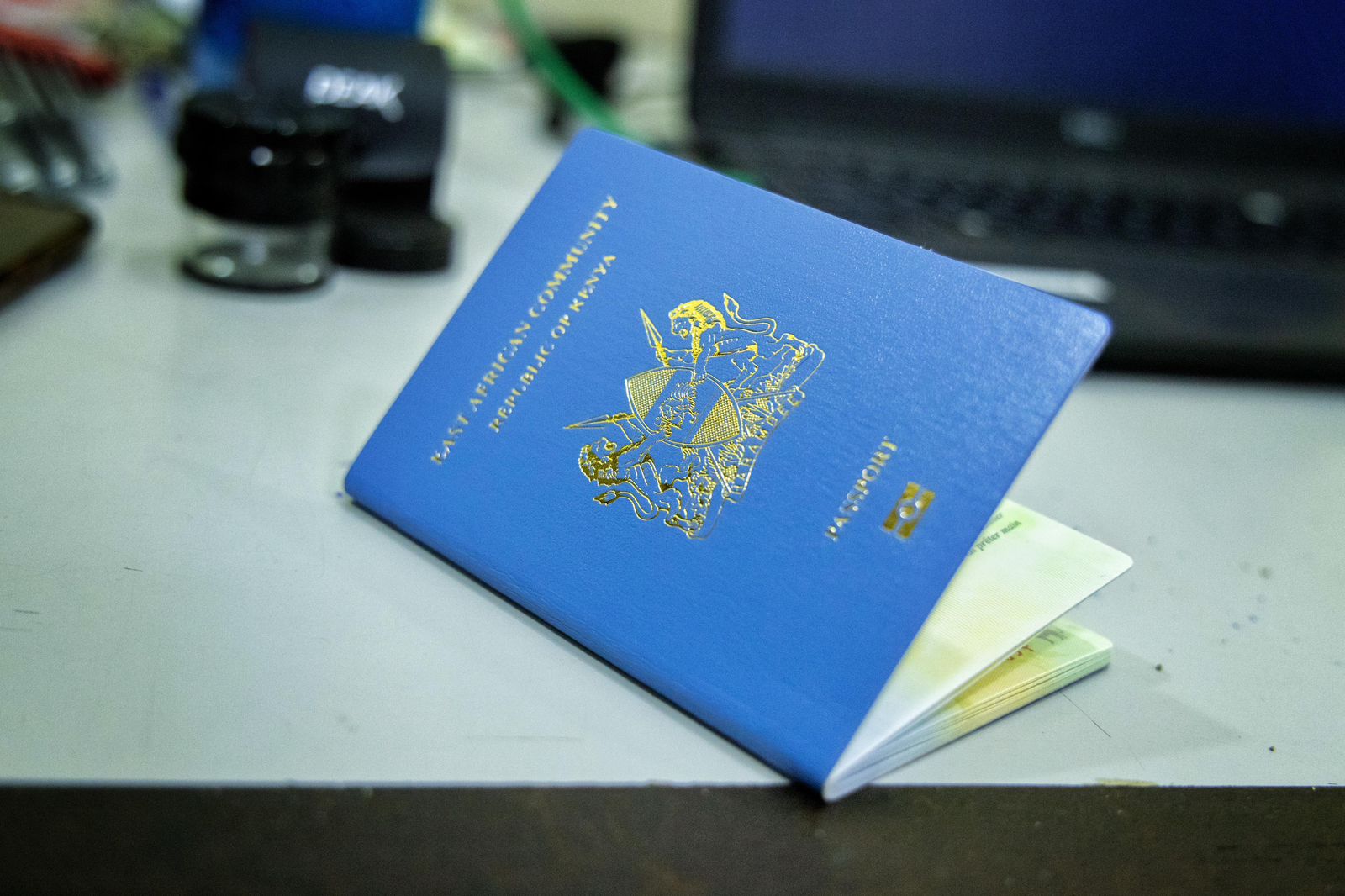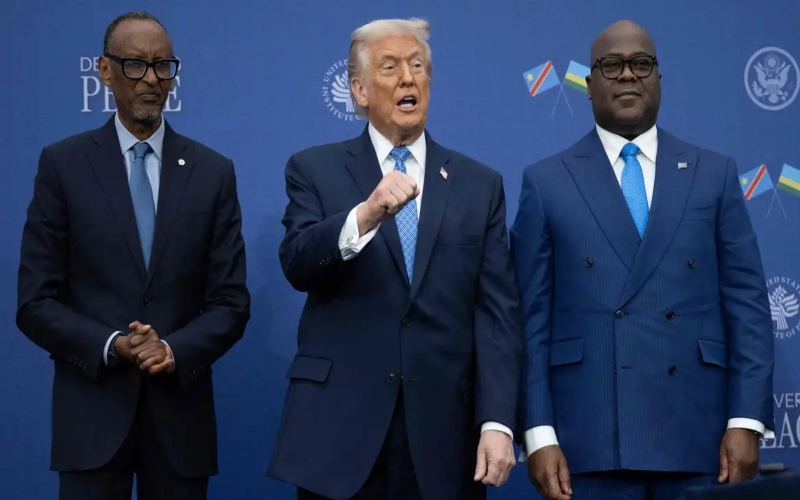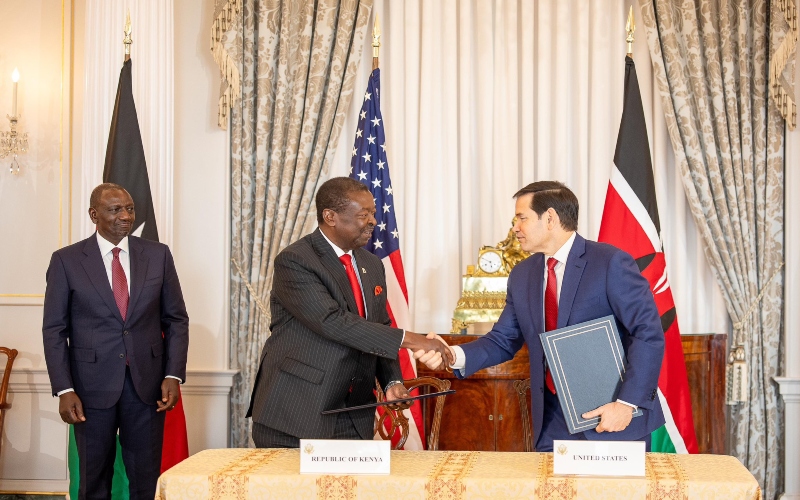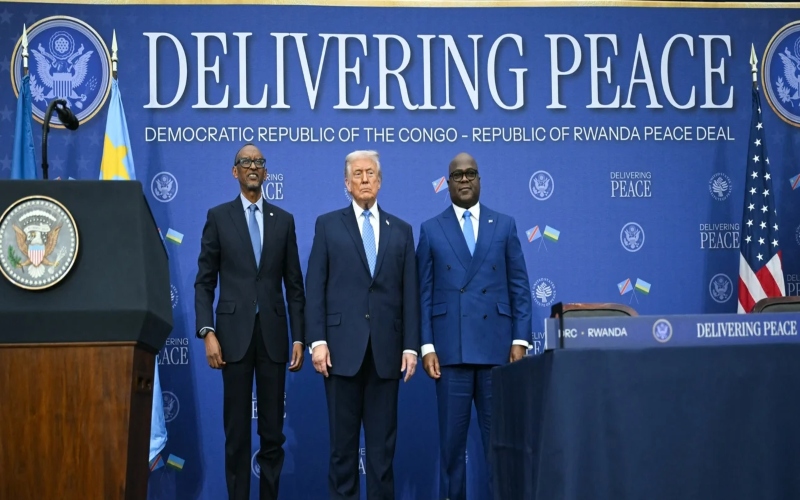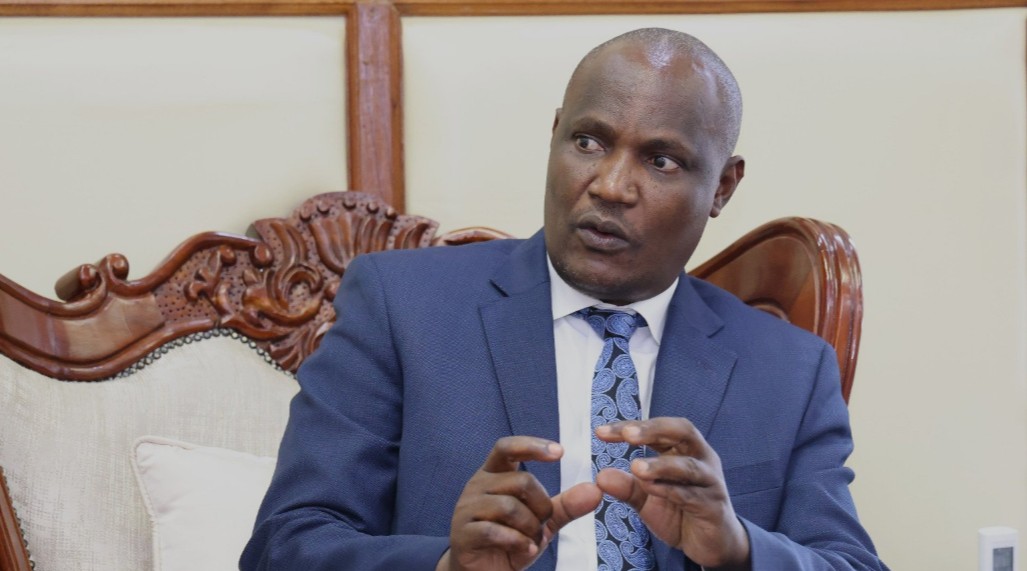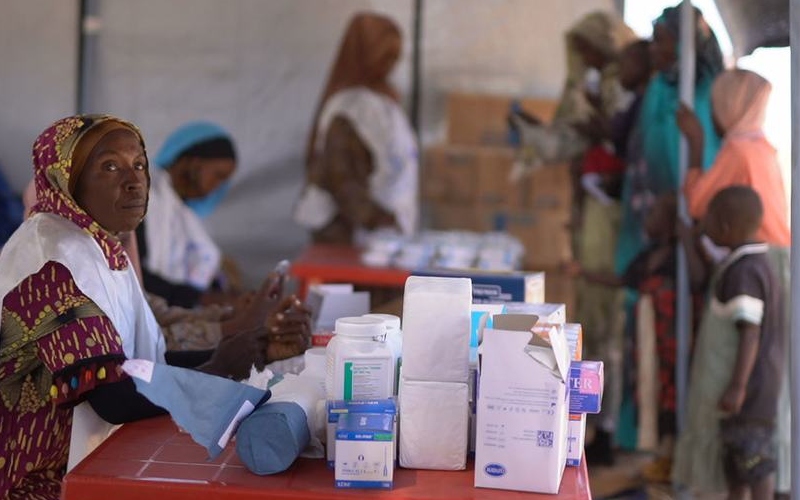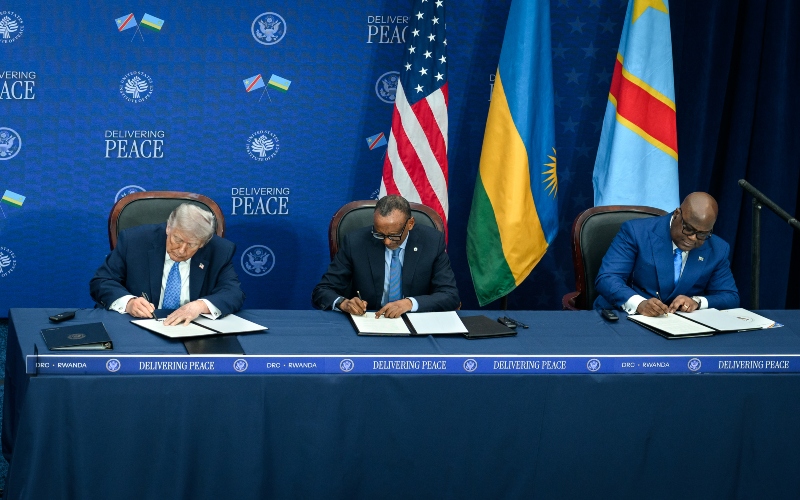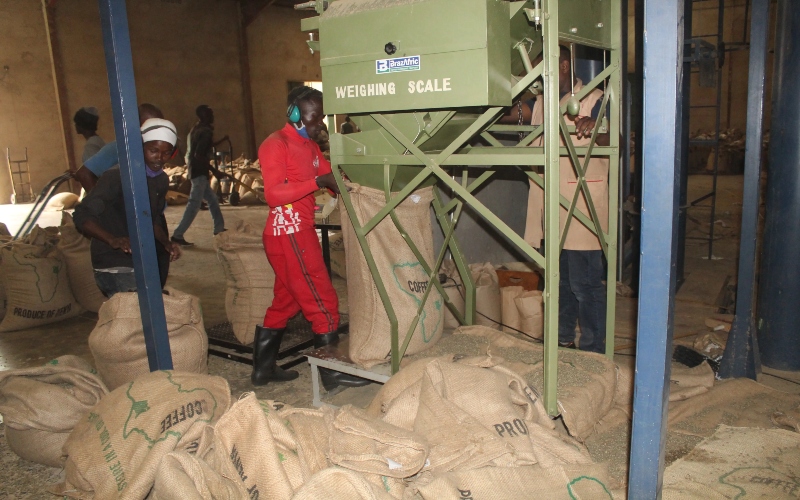M23 conflict escalates in eastern DRC as rebels defend ‘existential war’
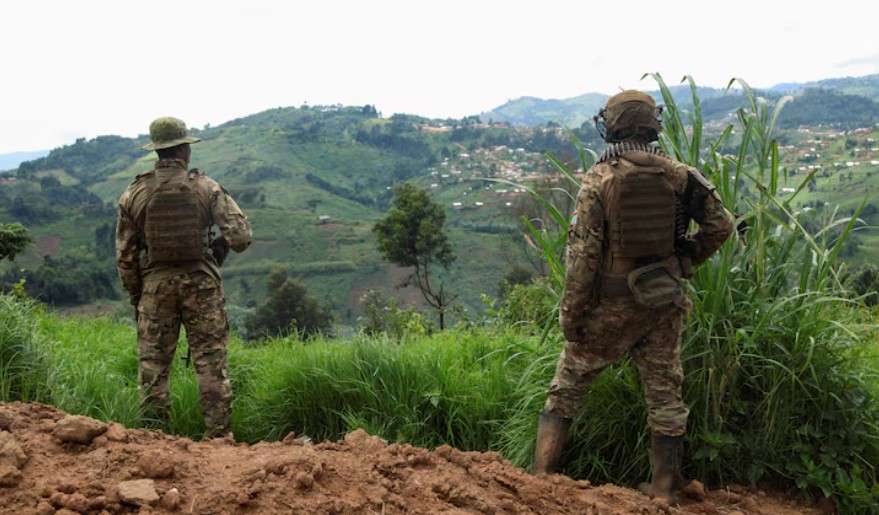
Head of M23’s political wing Bertrand Bisimwa, termed the group’s efforts as an “existential war” to protect Congolese Tutsis, who he claims have long faced discrimination due to their ethnic links to Rwanda.
The armed conflict between the Democratic Republic of Congo’s (DRC) army and the M23 rebel group has intensified over the past three years, resulting in hundreds of deaths and the displacement of nearly two million people.
The rebel group, formed in 2012 following a mutiny within the Congolese army (FARDC), initially faced defeat but resumed fighting in 2022. Since then, M23 has captured significant territories in North Kivu, citing the defence of minority Congolese Tutsis as their cause.
More To Read
- DR Congo, Rwanda vow to uphold Trump-backed peace deal
- DR Congo, Rwanda leaders to sign peace deal in US
- M23 rebels hands over minors taken from conflict zones in North Kivu, DRC
- UN decries ‘truly horrific’ massacres in DR Congo
- MONUSCO condemns ADF attacks that killed 89 civilians in North Kivu
- Rwandan, Belgian foreign ministers hold talks to mend ties after months of tension
Head of M23’s political wing Bertrand Bisimwa, termed the group’s efforts as an “existential war” to protect Congolese Tutsis, who he claims have long faced discrimination due to their ethnic links to Rwanda.
“We are waging a defensive war to protect these citizens… They are not second-class citizens. The state must take care of them,” Bisimwa told Al Jazeera.
The Congolese government regards M23 as its most significant security threat. However, tensions have risen as international bodies, including the United Nations, accuse Rwanda of backing the rebels with troops and weapons—an allegation Kigali denies.
Little success
Efforts to establish peace, such as the 2022 Nairobi process and Angola-led mediation, have yielded little success.
In December 2024, M23 advanced in Lubero, North Kivu, further complicating the situation. Bisimwa defended the movement’s actions, claiming they were responding to government offensives.
“We cannot be blamed for defending ourselves… The logic of war dictates that when you have supremacy, you take the space from which they were shooting at you,” he argued.
The UN has criticised M23 for expanding its control in eastern DRC. However, Bisimwa refuted these claims, asserting that the group is committed to defending its territory and stopping violence.
He also highlighted that the group’s actions have led to the return of displaced families, with over 480,000 reportedly going back to their homes in M23-controlled areas.
According to Al Jazeera, dialogue also remains a contentious issue. The DRC government has categorically refused negotiations with M23, branding them as a proxy for Rwanda.
In response, Bisimwa criticised Kinshasa’s stance, stating that the refusal of dialogue is a rejection of peaceful conflict resolution.
“War cannot solve our problems. Dialogue alone can address the root causes of the conflict,” he said.
The group has also faced accusations of collaborating with armed groups like the ADF and exploiting mineral resources in areas under its control. Bisimwa denied such claims, insisting that M23 prioritises governance and the protection of local communities.
He highlighted efforts to secure Virunga National Park, a UNESCO World Heritage Site, by curbing illegal activities and promoting wildlife conservation.
Despite the turmoil, M23 maintains that it seeks a peaceful resolution through dialogue. “If Kinshasa cannot solve our problems, it should let us solve them ourselves,” Bisimwa said.
Top Stories Today
